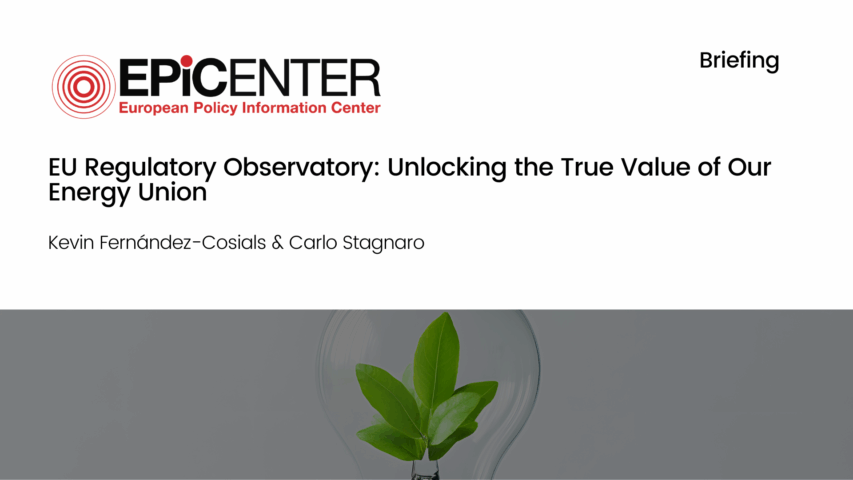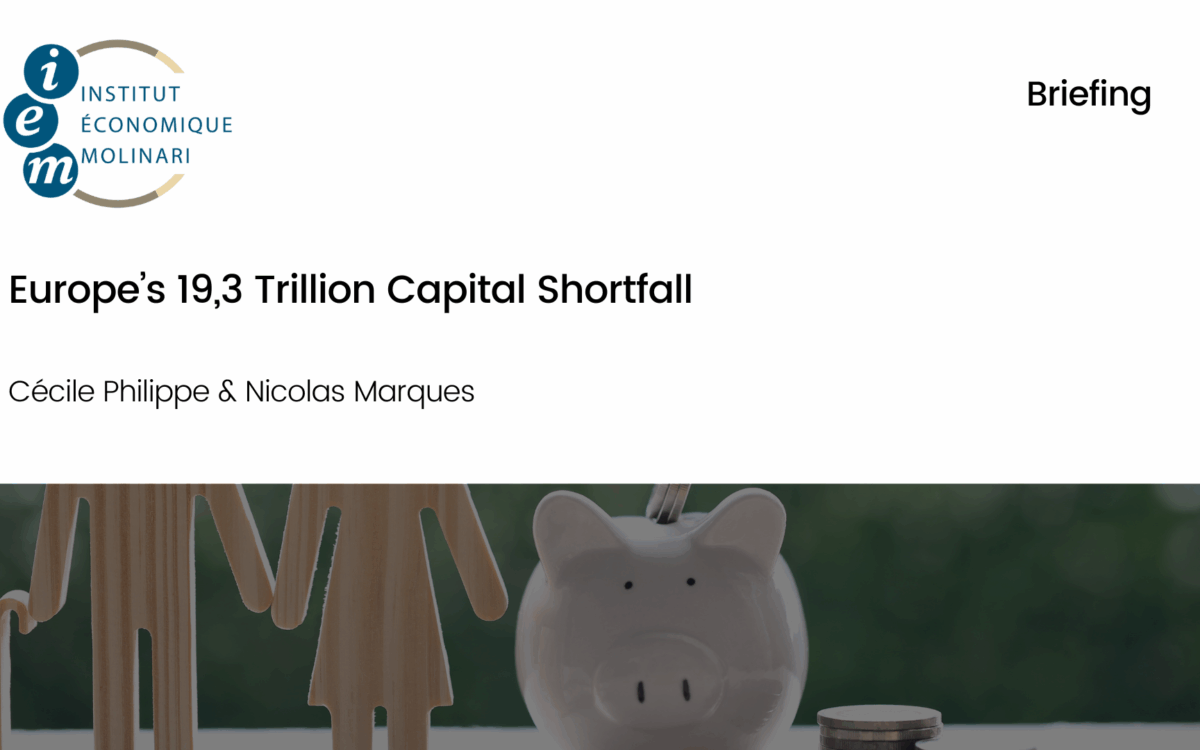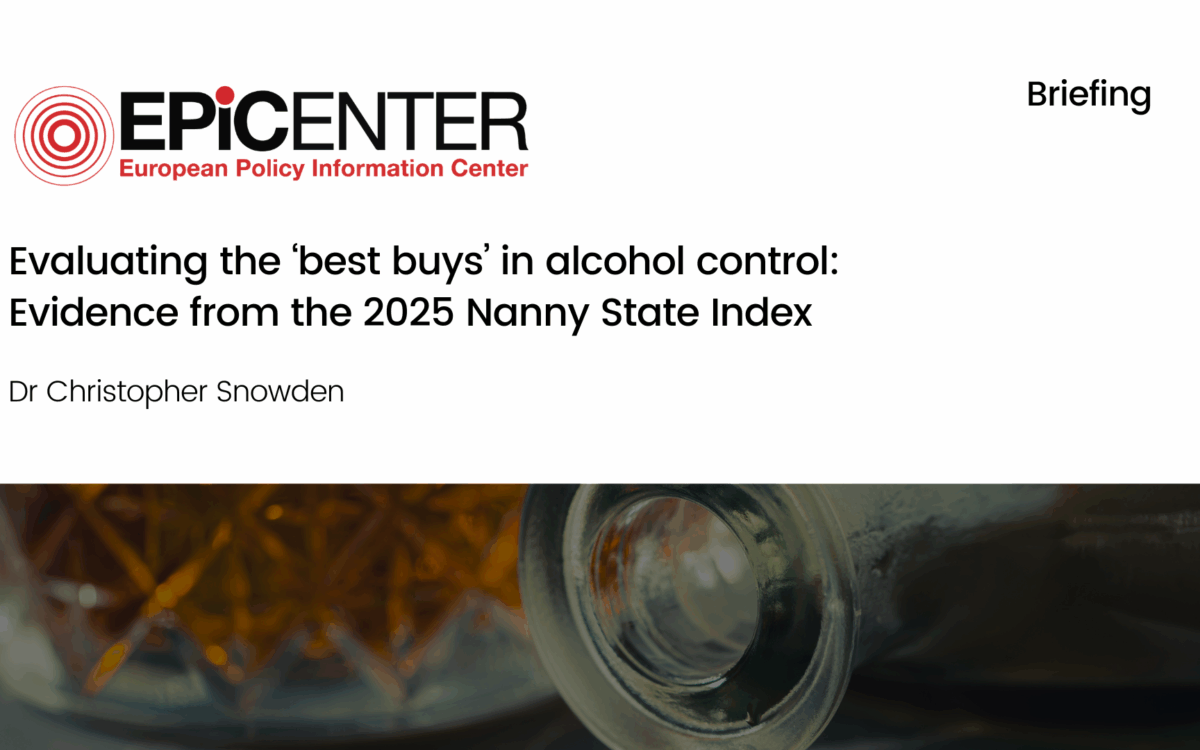EU Regulatory Observatory: Unlocking the True Value of Our Energy Union

EU Regulatory Observatory: Unlocking the True Value of Our Energy Union
Kevin Fernández-Cosials & Carlo Stagnaro // 30 September 2025
The European Commission’s new Action Plan for Affordable Energy promises to reduce energy bills and secure a clean, reliable energy future for households and businesses. However, a new EPICENTER briefing warns that its mix of contradictory policies could result in higher costs, greater market uncertainty, and slower progress toward a genuine energy union.
EU Regulatory Observatory: Unlocking the True Value of Our Energy Union, by Kevin Fernández-Cosials and Carlo Stagnaro, examines the Commission’s flagship plan and finds that while some proposals could ease costs and enhance competition, others risk entrenching bureaucracy and distorting markets.
The main findings of the briefing include:
-
The EU’s fragmented energy market is driving up costs and reducing competitiveness for both households and energy-intensive industries.
-
Liberalising measures like tax reductions and streamlined permitting could bring quick relief, but their benefits may be cancelled out by heavy-handed regulations introduced later.
-
Contradictory policies risk creating mutually exclusive incentives, such as simultaneously seeking lower prices while imposing restrictive carbon-free energy mandates.
-
Price control mechanisms, such as temporary gas price caps, tend to backfire and have been criticised by independent regulators and economists.
-
The plan’s success hinges on prioritising free-market reforms first, focusing on deregulation and voluntary efficiency measures rather than prescriptive mandates.
-
The authors call for a leaner, market-driven energy strategy that reduces taxation, phases out distortive subsidies, and mobilises private capital to strengthen Europe’s energy union.
Download or share this publication
View the PDF
EPICENTER publications and contributions from our member think tanks are designed to promote the discussion of economic issues and the role of markets in solving economic and social problems. As with all EPICENTER publications, the views expressed here are those of the author and not EPICENTER or its member think tanks (which have no corporate view).



